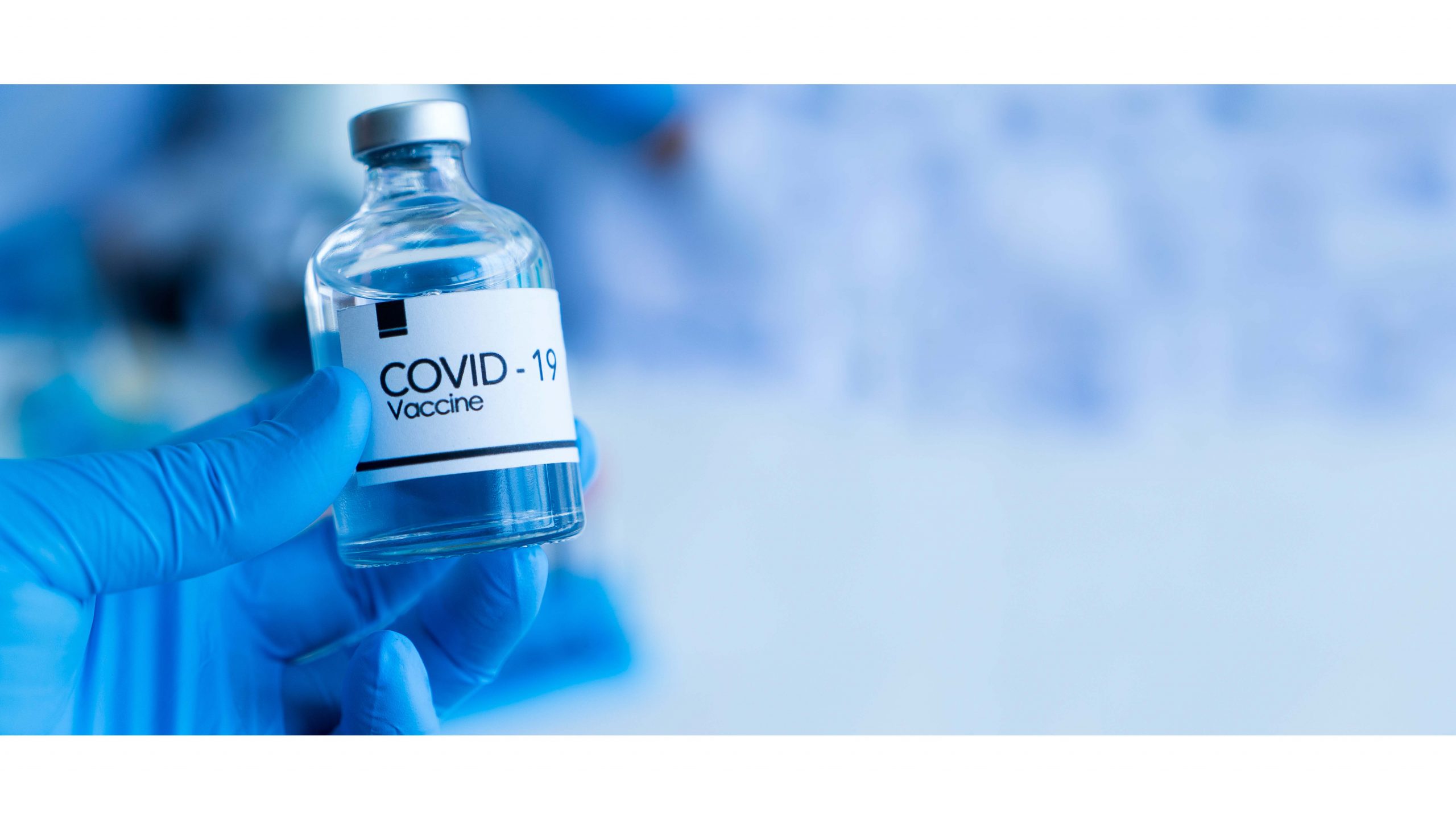The intensification of the debate on compulsory patent licensing, commonly referred to as “patent infringement”, is among the main international agendas. It could not be different, as we are facing the biggest health crisis in the last 100 years, the countless victims of COVID-19 and records of deaths haunt the world and especially our country.
The discussion is old and has roots in another critical health moment, the fight against the HIV virus and the protection of the first drugs that revolutionized the treatment of the disease. At the time, the National Congress approved Decree Law No. 3.201/99, responsible for regulating the compulsory license provided for in art. 68 and 71 of the Industrial Property Law (LPI), thus enabling the compulsory licensing of patents in cases of abuse of economic rights and in cases of national emergency or public interest, declared by an act of the Executive Branch.
At that time, the agenda was unanimous in the Federal Government. Brazil was a protagonist in the international dispute, confronting the US on the WTO panel, responsible for investigating the Brazilian Industrial Property Law. The North Americans claimed the risk of indiscriminate application of art. 68 of the LPI and the consequent legal uncertainty of pharmaceutical industries, whose patents could be licensed under subjective argument, based on the broad concept of “abuse of economic power”.
The agreement between the countries and the withdrawal of the complaint by the US represented a relevant step in the fight against AIDS, and the negotiating use of this “legal weapon” by the then Minister of Health, who announced the compulsory licensing of the drug Nelfinavir due to economic abuse and the impossibility of funding the drugs, it managed to reduce prices by 40.5%.
Obviously, the current scenario of vaccines is opposed to the situation experienced in the early 2000s. At the time, the debate involved the abuse of economic power by patent holders due to exorbitant fees. Today we are in a national emergency. The problem is not in the values of immunizing agents, but in the lack of availability of vaccines and medicines, the only way to reduce the high mortality rates and to cool down the negative social and economic consequences generated by social isolation.
The mismatch increases in the reversal of roles in the international scenario. The US and EU, holders of a good part of the vaccine patents, are open to compulsory licensing in situations such as the current pandemic, while the Brazilian government still defends the unrestricted protection of intellectual property.
It was up to the Federal Senate to rescue the historic position and approve PL12/2021, reaffirming the obvious; as our legal system already provides for compulsory licensing (art. 68, 71 of the LPI), as well as TRIPS, the main international agreement on the subject, also allows it in cases of national emergency or other circumstances of extreme urgency (art. 31 TRIPS). In practice, the bill “forces” the Executive to draw up a list of patents to be compulsorily licensed.
There is no question that national legislation and international agreements on intellectual property should protect the research and development framework in addition to stimulating global innovation, safeguarding the economic exploitation of developers who invested in research.
The legitimate fear on the part of researchers resides in the “patents infringement” in exceptional moments, under penalty of causing real discouragement to the “engagement” and mobilization of the pharmaceutical industry in situations of national emergency. In other words, the “certainty” of patent infringement may be the balance in the volume of investments in “medical solutions”, if we face another pandemic.
However, compulsory licensing is temporary and costly. During its term, royalties are paid to patent holders on the percentage of the volume of resources spent on manufacturing or importing the drug, and after the expiration of the term, the patent holder returns to enjoy the exclusivity of their invention.
Now, in the next vaccination cycles, with the production of immunizing agents capable of meeting world demand and the consequent metamorphosis of the pandemic into an epidemic, pharmaceutical companies will continue to explore their patents with full possibility of recovering their investments.
However, the compulsory license would reduce the shortage of vaccines in Brazil, given that we do not scientifically dominate the production cycle of the main vaccines. Would legislative innovation and compulsory licensing find support in practice in this hypothesis?
Obviously. In the short term, patent infringement does not force Brazil to produce immunizing agents. The objective of the coordinated international movement is to increase the world’s productive capacity in countries that have the production technology, but do not have a patent, which would increase the availability of immunization agents in the world, allowing Brazil to acquire them in any of these countries.
Long term, compulsory licensing should serve as a stimulus for our scientific development. Pursuant to PL 12/2021, patent holders would transmit the necessary and sufficient information for the effective reproduction of the protected object. Only then, would we cultivate fertile soils for scientific development at home, so that perhaps in the next health crisis we could produce a vaccine, or, at the very least, replicate the production cycle.
Available at: https://analise.com/opiniao/da-aids-a-covid-19-o-que-muda-com-o-licenciamento-compulsorio-de-patentes
Autor:

